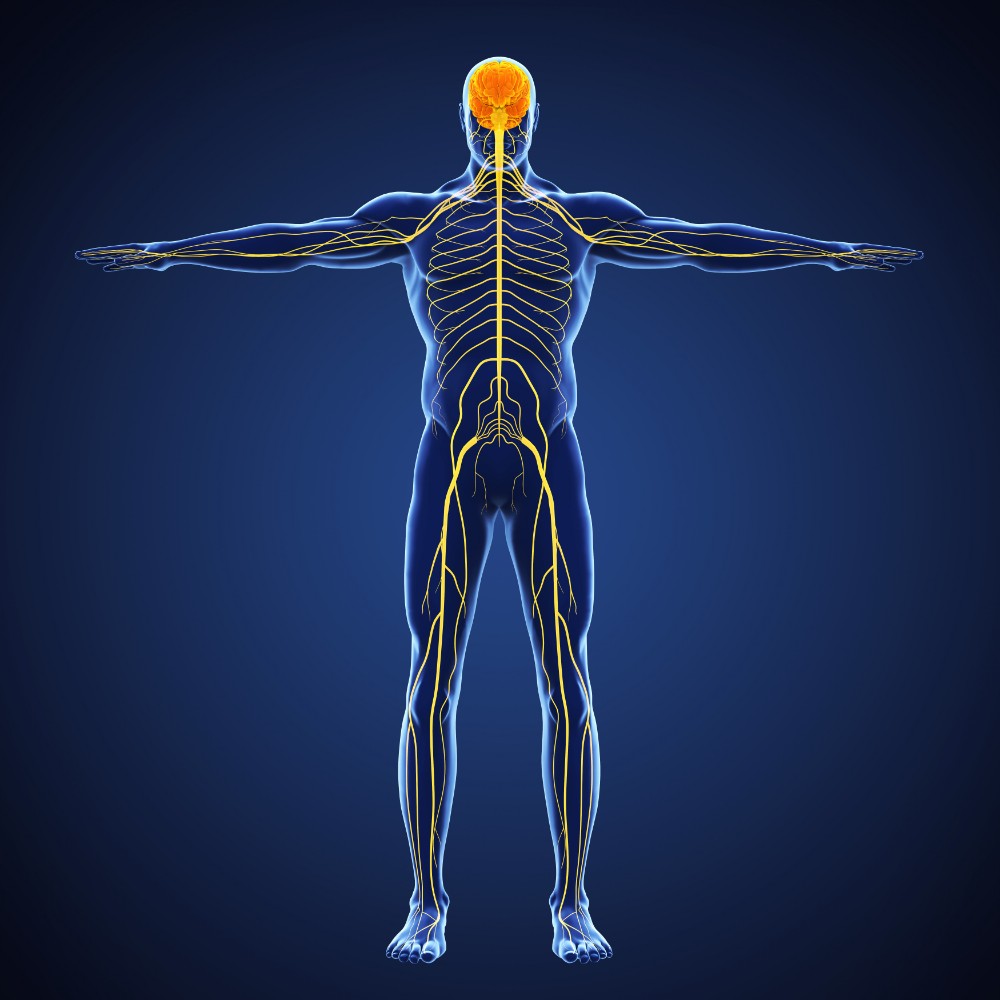
The nervous system consists of many parts of the body, including the spinal cord, brain, and nerves. The human nervous system has two components: the central nervous system and the peripheral nervous system. The main function of the later is to connect the nervous system to the rest of the body. Control of the nervous system is done through the brain and the spinal cord is used to transmit messages from the brain to parts of the body to receive information from them. The nervous system has three functions: receive and make sense of input, then act on it. Find out why this is so important to understand when it comes to long-term substance abuse and healing.
Neuroplasticity
This term describes how the brain can essentially bounce back from adversity. This feature of the brain has been a significant part of how researchers understand the function of the brain and the development of human behavior. Many alterations that occur in the brains of people who abuse drugs and alcohol are alternations that represent how plastic the brain is. Other changes may be due to the toxic effects of drugs. Most drugs alter the brain in some fashion. Certain drugs have chemical properties and actions that make them more likely to alter the way the brain works and produce neurological issues. Some of these drugs include:
- Depressants
- Inhalants
- Stimulants
- Hallucinogens
Other drugs do not fit into these categories and may alter the brain. Designer drugs contain substances that are toxic to the brain.
Long-Term Use
The brain is significantly impacted by drug use. It starts with the altered reward pathway that reinforces good behavior. The alterations that occur are most often used as evidence addiction is a brain disease. When a person does something that feels good, this part of the brain lights up. Continued use of drugs or alcohol leads to structural changes in this area of the brain that make it more likely the person will attempt to repeat the behavior. The act of using drugs can change the brain until this behavior is stopped.
Finding Healing
Chronic use of benzos affects other neurotransmitters that can impact a person’s ability to learn and receive new information. Most drugs affect the functioning of the availability of dopamine to an extent. This leads to structural changes in the brain’s pathways. Chronic use may cause long-term issues with attention and concentration that interfere with memory. Drugs may not impact attention and concentration per se but the encoding and retrieving of material. When a person seeks to get healing, they have to be abstinent from drugs or alcohol, stay in recovery, and get connected to community groups. This will help them feel less alone in the struggle and support them in defining their journey in recovery. Support is one of the key components to a healthy recovery along with medication and continued therapies.
Guest House is here to help with any questions you have about navigating sobriety and recovery programs. We have sober living programs for men and women as well as recovery programs. To find out more, please call 855-483-7800.